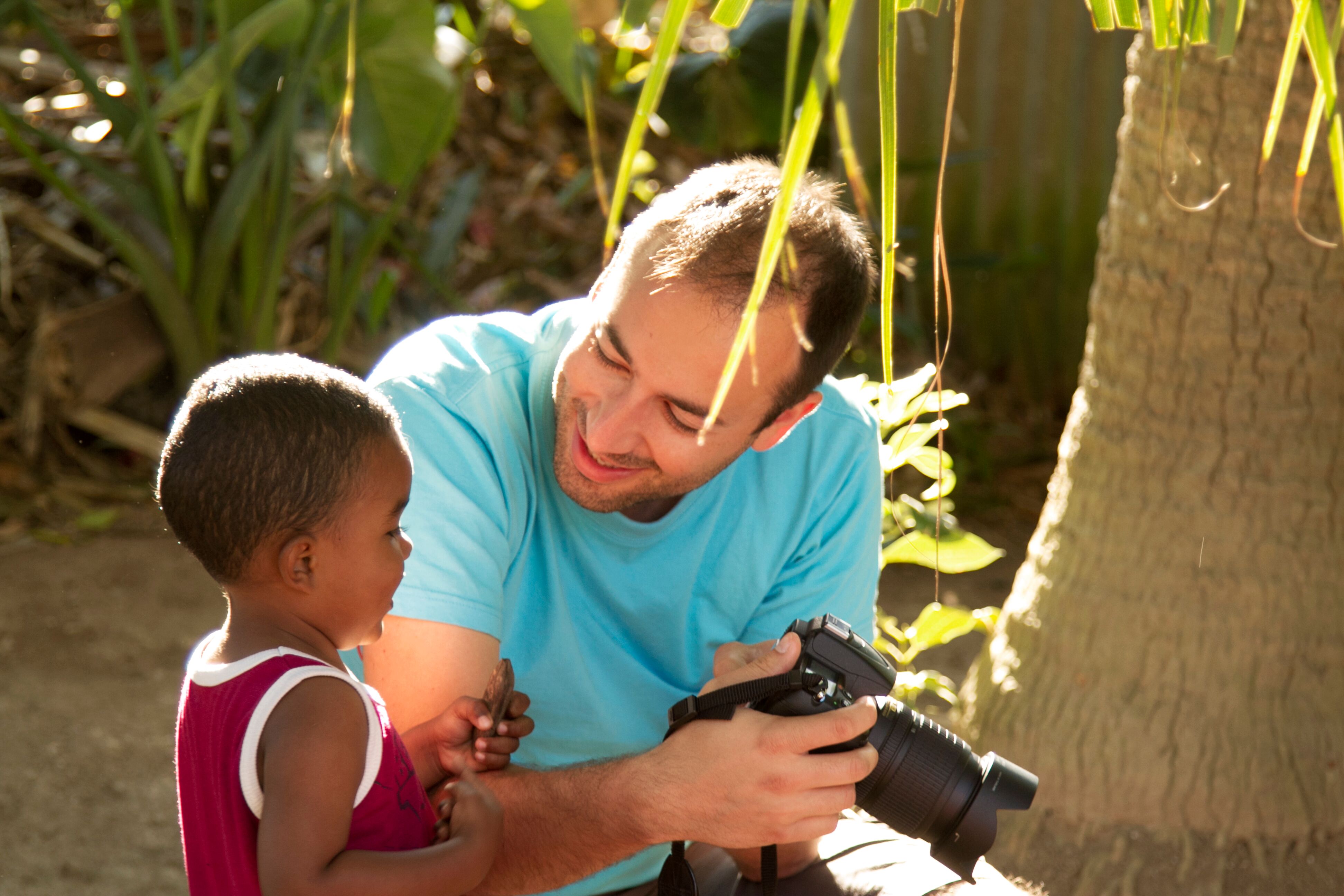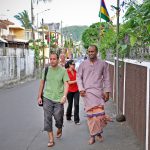
Xygalatas7
Dimitris Xygalatas, left, has been conducting research in Mauritius for over a decade. (Dimitris Xygalatas/UConn Photo)

Xygalatas1
Mauritius is a tropical island which lies in the middle of the Indian Ocean (Dimitris Xygalatas/UConn Photo)

Xygalatas12
Dimitris Xygalatas during a recent fieldwork expedition. (Dimitris Xygalatas/UConn Photo)
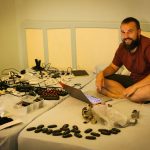
Xygalatas11
Former UConn student Martin Lang is preparing the equipment for a field study. (Dimitris Xygalatas/UConn Photo)
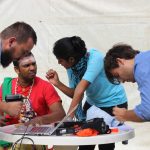
Xygalatas10
Dimitris Xygalatas’ team uses often uses physiological and hormonal measures in real-life settings. (Dimitris Xygalatas/UConn Photo)

Xygalatas9
Conducting surveys in the field is different than what most people are used to in the lab. (Dimitris Xygalatas/UConn Photo)
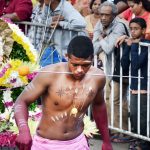
Xygalatas5
Mauritian Hindus perform various high-intensity rituals that include body-piercing, fire-walking, and knife-walking. (Dimitris Xygalatas/UConn Photo)

Xygalatas6
Mauritius is home to a unique music and dance genre called sega, which has its origins in the music of African slaves. (Dimitris Xygalatas/UConn Photo)
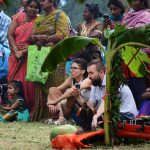
Xygalatas8
Dimitris Xygalatas and students regularly visit Mauritius to conduct research. (Dimitris Xygalatas/UConn Photo)

Xygalatas3
The sugar trade has played a key role in the history of Mauritius. Today, more than 90 percent of all arable land is dedicated to sugar cane. (Dimitris Xygalatas/UConn Photo)
Every year, Dimitris Xygalatas travels to a field site in Mauritius, an island in the middle of the Indian Ocean, to undertake research.
Xygalatas, an assistant professor of anthropology, studies rituals such as dancing and music. At first glance, rituals might seem pointless, he says, but they actually play a fundamental role in people’s individual and social lives.
Mauritius is an ideal place to study culture, and particularly ritual, because it is one of the most diverse societies in the world. The local population includes multiple ethnic, religious, and linguistic groups, that practice a wide range of religious rituals ranging from the mundane to the extraordinary.
In his research, Xygalatas combines ethnographic observation with scientific measurements, using a wide variety of measures to study the effects and the importance of these cultural practices on individuals and societies.
